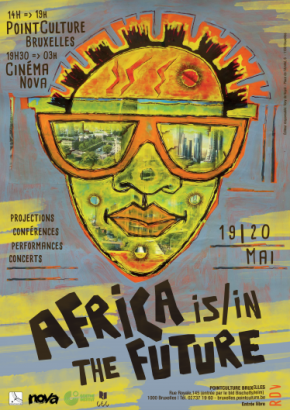 Deux journées interdisciplinaires qui portent un regard nouveau et décomplexé sur l’Afrique et sa diaspora.
Deux journées interdisciplinaires qui portent un regard nouveau et décomplexé sur l’Afrique et sa diaspora.
PointCulture Bruxelles, rue Royale 145 I Cinéma Nova, rue d’Arenberg 3 VENDREDI 19 MAI
- 15h-16h : Fabio Vanin “African future urban challenges : Luanda and Nairobi” (PointCulture Bruxelles)
- 16h30-17h30 : Rebel Up ! et NGHE “Afrika Sound” (PointCulture Bruxelles)
- 18h-19h : Performance OZFERTI (PointCulture Bruxelles)
- 20h : Projection « Kin Kiesse » et « Kingelez » (Cinéma Nova)
- 22h : Projection « The Tower » (Cinéma Nova)
SAMEDI 20 MAI
- 14h-15h : Pascale Obolo et Gato Preto « L’afrofuturisme, terrain d’expérimentation esthétique ou outil de déconstruction et d’émancipation ? » (PointCulture Bruxelles - en français/ anglais)
- 15h30-16h30 : Oulimata Gueye « La science-fiction, une technique d’adaptation » (PointCulture Bruxelles)
- 17h-18h : Jean-Christophe Servant « L’Afrique, entre futur et avenir » (PointCulture Bruxelles)
- 19h30 : Table d’hôtes et microboutiek (Cinéma Nova)
- 20h : Projection « I love kuduro » et « Woza taxi » (Cinéma Nova)
- 22h : Concert Gato Preto (Cinéma Nova)
- 00h00 : Rebel Up djset (Cinéma Nova)
PROGRAMME DÉTAILLÉ
VENDREDI 19 MAI
· 15h00 – 16h00 Conférence “African future urban challenges : Luanda and Nairobi” de Fabio Vanin
Quels sont les défis environnementaux et sociaux auxquels les villes de Luanda et Nairobi sont confrontées ? Comment ces deux villes traitent l’idée d’avenir ? Comment les arts et l’utilisation de différents récits nous projettent vers le futur ?
Fabio Vanin est professeur d’urbanisme paysager à la VUB et cofondateur et directeur de LATITUDE Platform for Urban Research and Design. Ses recherches actuelles portent sur les menaces environnementales dans les zones urbaines, en particulier sur l’eau, et sur les modèles urbains émergents en fonction des problèmes de sécurité. Il a également un fort intérêt dans la recherche de la croissance des villes africaines, en particulier dans les pays lusophones.
· 16h30 – 17h30 Conférence “Afrika Sound ” de Rebel Up ! + Médiathèque NGHE
Rebel Up! & la NGHE Mediatheque proposent un voyage personnel et subjectif à travers les sons, ceux du passé et ceux de la musique électronique contemporaine en constante évolution, issus d’Afrique et de la diaspora. À partir de leur expérience et de leur travail singulier, Ils esquisseront les contours de plusieurs mouvements, styles, labels musicaux et autres manifestations culturelles de l’ère numérique, aidés d’une sélection de musiques et de vidéos YouTube. Attendez-vous à une session passionnée alliant faits musicaux et histoires personnelles à une énergie débordante.
NGHE est un espace de découverte et de partage de la musique localisé à Molenbeek. Sous forme d’une médiathèque subjective et ouverte à tous, nous voulons mettre en valeur la singularité musicale de certaines régions du monde et promouvoir le réseaux des labels indépendants.
Rebel Up ! est un collectif bruxellois diffusant des sons innovants, il s’est rapidement imposé comme expert en musique « du monde » folk et urban et en culture alternative globale. En 2010, Rebel Up! insuffle son concept « global » dans la vie culturelle bruxelloise à travers soirées, concerts et festivals.
· 18h00 - 19h00 Performance OZFERTI
Début 2016, après des mois de recherches graphiques et musicales, Florian Doucet se lance en solo et crée OZFERTI son alias venu de la planète NUBIA NOVA. En Mars 2016, il sort l’album ADDIS ABOUMBAP, un mélange envoûtant de Tezeta Ethiopien et de Beats Electronique. Suivrons les albums AFROGRIME vol.I & vol.II, mashups où la puissance de l’Afrobeat Nigérian rencontre le fracas du Grime Britanique. Ozferti accompagne son live de projections vidéo où s’entremêlent les images des légendes de l’Afrique de l’Ouest et des motifs géométriques psychédéliques.
https://soundcloud.com/ozferti
· 20h : Projection « Kin Kiesse » et « Kingelez » (Cinéma Nova)
> Kin Kiesse
Mwezé Ngangura, 1983, CD, 16mm, vo ang st fr, 28’
Ce film “classique” réalisé par Mweze Ngangura, considéré comme le père du cinéma congolais, est un portrait de “Kin la belle quand elle était encore capitale du Zaïre. Tourné en pellicule, couleurs chaudes et superbes, la ville se découvre à travers les yeux de Chéri Samba, peintre populaire, aujourd’hui mondialement reconnu, alors à ses débuts. Quartiers animés, coiffeurs, immeubles, ambiance, on découvre une ville au rythme endiablé dans laquelle la musique, quelles que soient ses formes et ses origines, fait le lien entre des éléments disparates mais vivants. Et tout ceci à l’apogée d’une dictature…



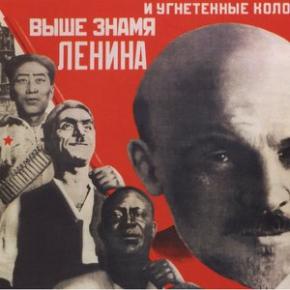 Across Africa, the struggle between the forces of capitalism and communism sparked coups, revolutions and political divisions, resulting in a huge impact on Africa’s post-independence landscape. In 1960 Moscow rightly judged anti-colonial fervour to be a good fit with Marxism and Soviet embassies were set up in many African countries. But was there a Soviet strategy for taking over Africa? To what extent was the USSR aware of political structures in Africa and the needs of those countries which it supported? What were the impacts of the Cold War on African national identities?
Across Africa, the struggle between the forces of capitalism and communism sparked coups, revolutions and political divisions, resulting in a huge impact on Africa’s post-independence landscape. In 1960 Moscow rightly judged anti-colonial fervour to be a good fit with Marxism and Soviet embassies were set up in many African countries. But was there a Soviet strategy for taking over Africa? To what extent was the USSR aware of political structures in Africa and the needs of those countries which it supported? What were the impacts of the Cold War on African national identities?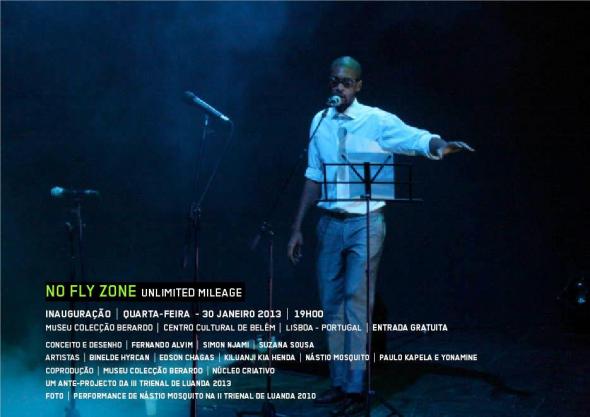
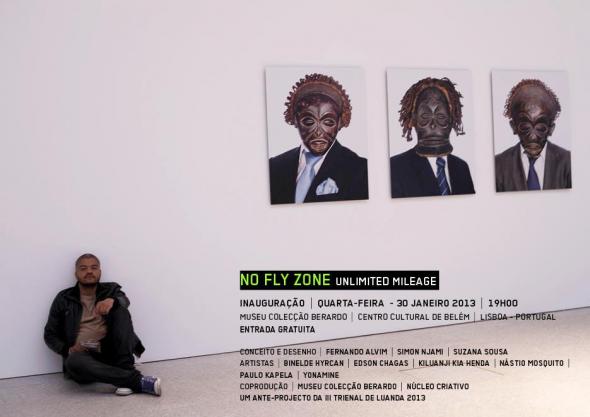
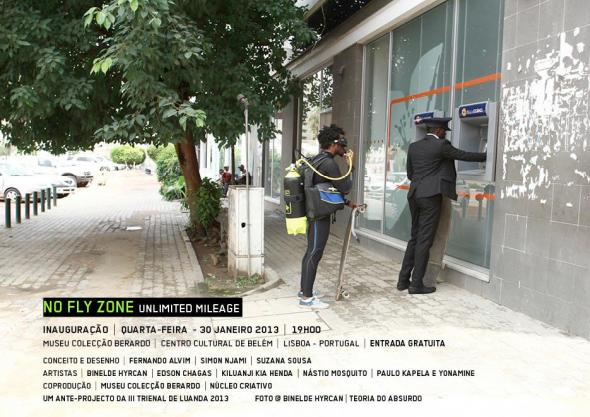
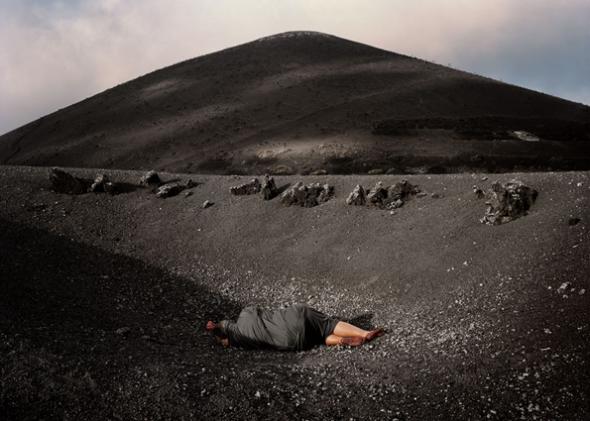

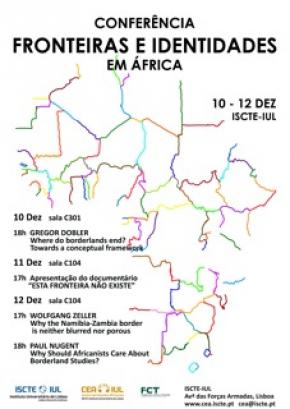 Conferência 10 -12 de Dezembro no Instituto Universitário de Lisboa (ISCTE-IUL)
Conferência 10 -12 de Dezembro no Instituto Universitário de Lisboa (ISCTE-IUL)



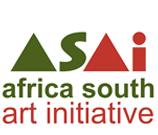
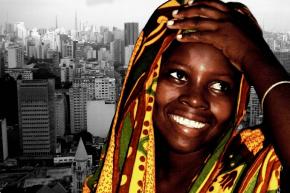 ‘O baobá é uma árvore milenar que cresce em solo africano, simboliza o conhecimento ancestral.
‘O baobá é uma árvore milenar que cresce em solo africano, simboliza o conhecimento ancestral.
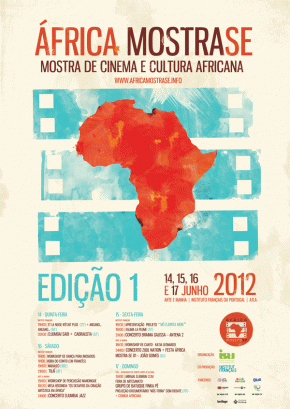 De forma a enriquecer a programação do evento, a equipa do África Mostra-se - Mostra de Cinema e Cultura Africana pretende dar visibilidade a artistas oriundos de diferentes países africanos, retratando de forma abrangente o panorama artístico deste continente.
De forma a enriquecer a programação do evento, a equipa do África Mostra-se - Mostra de Cinema e Cultura Africana pretende dar visibilidade a artistas oriundos de diferentes países africanos, retratando de forma abrangente o panorama artístico deste continente.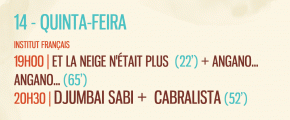
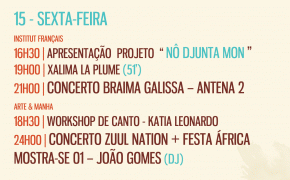
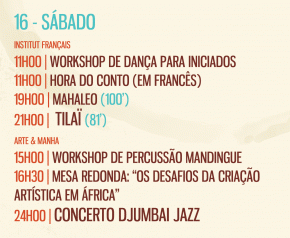
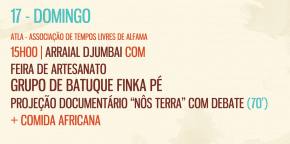
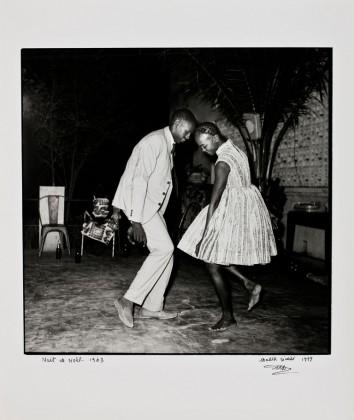
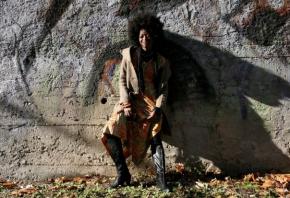 LadyGold&Brown A.K.A LadyGBrown nasce em 2003 quando quis partilhar essa paixão com mais gente. Por influência de amigos como Selekta Lexo (Raska), Dr Bastard entre outros, começou por tocar no Bob Rasta na altura o único bar de reggae no Bairro Alto. Foi residente no bar do Colectivo Club Naval; Mexe Café; Velvet; Mesquita bar; Espaço Groove Art; Summer Echo-Costa da Caparica; Bar L; Groove bar; Maxime; Mood; Souk; Left; Bacalhoeiro; MusicBox; Jamica; Club Europa; Lisboa Festival África/Lisboa Mistura/Festival de Cinema Africano com Colectivo AfroBlu; Club Ferroviario; Bar do Cais; Pensão Amor; Arte & Manha. Faz parte do Colectivo AfroBlu Dj’s com João Gomes- Cool Hipnoise, Johny- Cooltrain Crew e Dj Lucky. É um projecto de Música Negra onde fazemos uma viagem desde os anos 60 até aos dias de hoje, MiriamMakeba; Cesária Evora; Salif Keita; Pantera; Jorge Ben Jor; Miles Davis; Elias dia Kimuezo; PauloFlores; Bezzera da Silva; Nigga Poisson e muitos outros. O ritmo saí do continente negro, cruza o Atlântico rumo às Caraíbas e recarrega as baterias em Portugal.
LadyGold&Brown A.K.A LadyGBrown nasce em 2003 quando quis partilhar essa paixão com mais gente. Por influência de amigos como Selekta Lexo (Raska), Dr Bastard entre outros, começou por tocar no Bob Rasta na altura o único bar de reggae no Bairro Alto. Foi residente no bar do Colectivo Club Naval; Mexe Café; Velvet; Mesquita bar; Espaço Groove Art; Summer Echo-Costa da Caparica; Bar L; Groove bar; Maxime; Mood; Souk; Left; Bacalhoeiro; MusicBox; Jamica; Club Europa; Lisboa Festival África/Lisboa Mistura/Festival de Cinema Africano com Colectivo AfroBlu; Club Ferroviario; Bar do Cais; Pensão Amor; Arte & Manha. Faz parte do Colectivo AfroBlu Dj’s com João Gomes- Cool Hipnoise, Johny- Cooltrain Crew e Dj Lucky. É um projecto de Música Negra onde fazemos uma viagem desde os anos 60 até aos dias de hoje, MiriamMakeba; Cesária Evora; Salif Keita; Pantera; Jorge Ben Jor; Miles Davis; Elias dia Kimuezo; PauloFlores; Bezzera da Silva; Nigga Poisson e muitos outros. O ritmo saí do continente negro, cruza o Atlântico rumo às Caraíbas e recarrega as baterias em Portugal.
